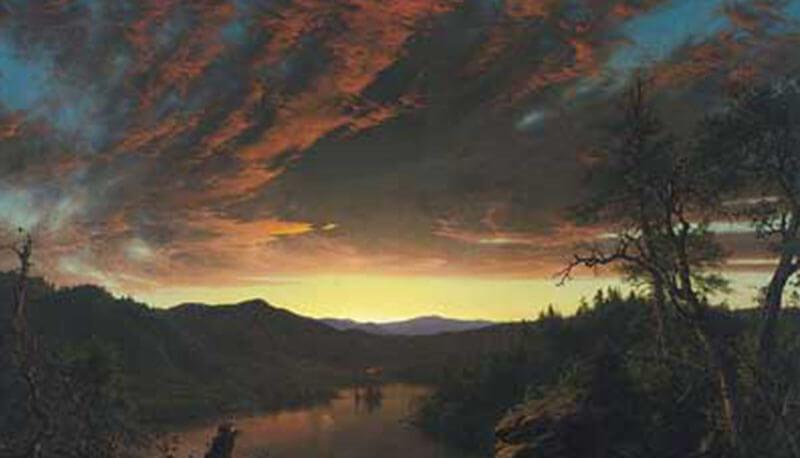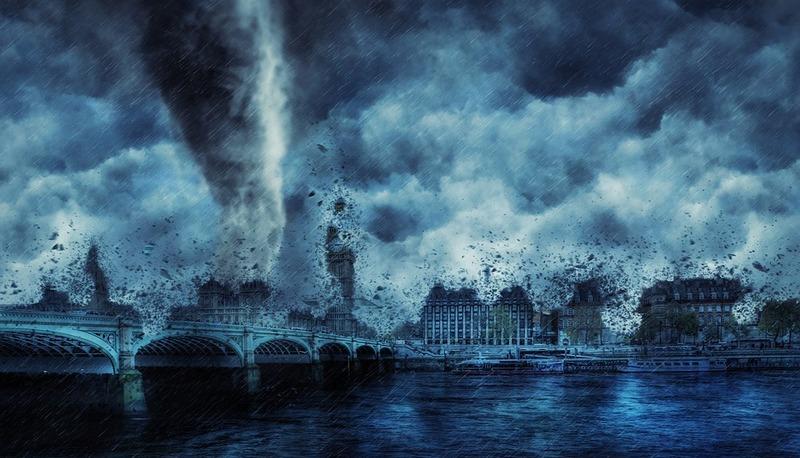Concetti Chiave
- The Romantic Age was significantly influenced by the French Revolution, leading to various reactions in Britain, including military conflicts like the defeat of Napoleon at Trafalgar and Waterloo.
- In early 19th century England, society transitioned from agricultural to industrial, resulting in social and political upheavals, with stark contrasts between the living conditions of the rich and the poor.
- Romanticism emphasized individualism and the sublime, with a focus on emotions, imagination, and the exaltation of atypical characters, influenced by thinkers like Rousseau.
- Romantic poets viewed poetry as a means of expressing deep emotional experiences and crafted unique, individual styles that highlighted imagination as a divine force.
- The era saw two generations of poets; the first supported revolutionary ideals but became disillusioned, while the second, including Byron, Keats, and Shelley, explored the tension between idealism and reality.
Indice
Political changes and Napoleon
The most important event that affected the political scene and the intellectuals was the French Revolution that broke out in 1789 and ended thanks to the Napoleon’s ascent.
The reactions in Britain to this fact were various. Napoleon had defeated the European countries and forced them to ally with him. But Britain relying its stronger navy and decided to fight France.
Horatio Nelson win French at Trafalgar in 1805. In 1814 Napoleon was definitely defeat at Waterloo.
The regency period
The period that covered the Napoleonic wars was called “the regency”, since the Prince Regent later to become GEORGE IV, acted as monarch during the illness of George III.
George IV-> was called the “first gentleman” for his extravagant behaviour. His taste for exotic was reflected in public buildings.

Industrial transformation and social conflict
England was changing from a primarily agricultural society into a modern industrial nation. After the Napoleonic wars there was a period of unemployment. Therefore the first three decades of 1800 were a period of social and political conflicts (repression).
Born Workhouses;
Poor people-> bad conditions of life.
Rich people-> land owners, merchants, manufacturers.
Romanticism can be seen as a creative period, in the society there was a new view of the world, due to economical, political and social changes.
The pre-romantic poets had already shown an interest in emotions and imagination.
There was a serious interest about childhood.
Jean-Jacques Rousseau: child was purer then adult because he was unspoiled by civilization.->noble savage.
The romantics stressed the special qualities of each individual minds; they exalted atypical, outcast, rebel.
New interests in space and time: exotic and Medieval Ages.

English romanticism and poetry
English romanticism saw a poetry as best suites to expressing emotional experience and individual feelings.
Imagination-> divine faculty that allowed the poet to re-create and modify the world of experience.
Romantic poets searches for a new, individual style.
Lake poets:
- Wordsworth(he write about the beauty of nature & ordinary things)
- Coleridge (he write about supernatural and mystery)
Disillusionment post-Napoleonic wars
Supported the French Revolution for the ideals of freedom and equality. After the Napoleonic wars and the resulting of industrial revolution there was a disillusionment and the poets became conservative.
Byron, Keats, Shelley.
All died very young and away from home (Mediterranean countries. In their poetry there is a clash between ideal and real: poetry was no longer regarded as an imitation of life but coincided with the desire to challenge the cosmos, nature, political and social order.
Domande da interrogazione
- Qual è stato l'evento più importante che ha influenzato la scena politica durante l'Età Romantica?
- Come è cambiata la società inglese all'inizio del XIX secolo?
- Quali erano le caratteristiche principali del Romanticismo inglese?
- Chi erano i poeti della seconda generazione romantica e quali temi esploravano?
L'evento più importante è stata la Rivoluzione Francese del 1789, che ha avuto un impatto significativo sugli intellettuali e sulla scena politica, culminando con l'ascesa di Napoleone.
La società inglese si è trasformata da una società prevalentemente agricola a una nazione industriale moderna, con conseguenti conflitti sociali e politici e un periodo di disoccupazione dopo le guerre napoleoniche.
Il Romanticismo inglese si concentrava sull'espressione delle esperienze emotive e dei sentimenti individuali, con un interesse per l'immaginazione come facoltà divina e una ricerca di uno stile individuale e nuovo.
I poeti della seconda generazione erano Byron, Keats e Shelley, che esploravano il conflitto tra ideale e reale, sfidando il cosmo, la natura e l'ordine politico e sociale.







 Accedi a tutti gli appunti
Accedi a tutti gli appunti
 Tutor AI: studia meglio e in meno tempo
Tutor AI: studia meglio e in meno tempo